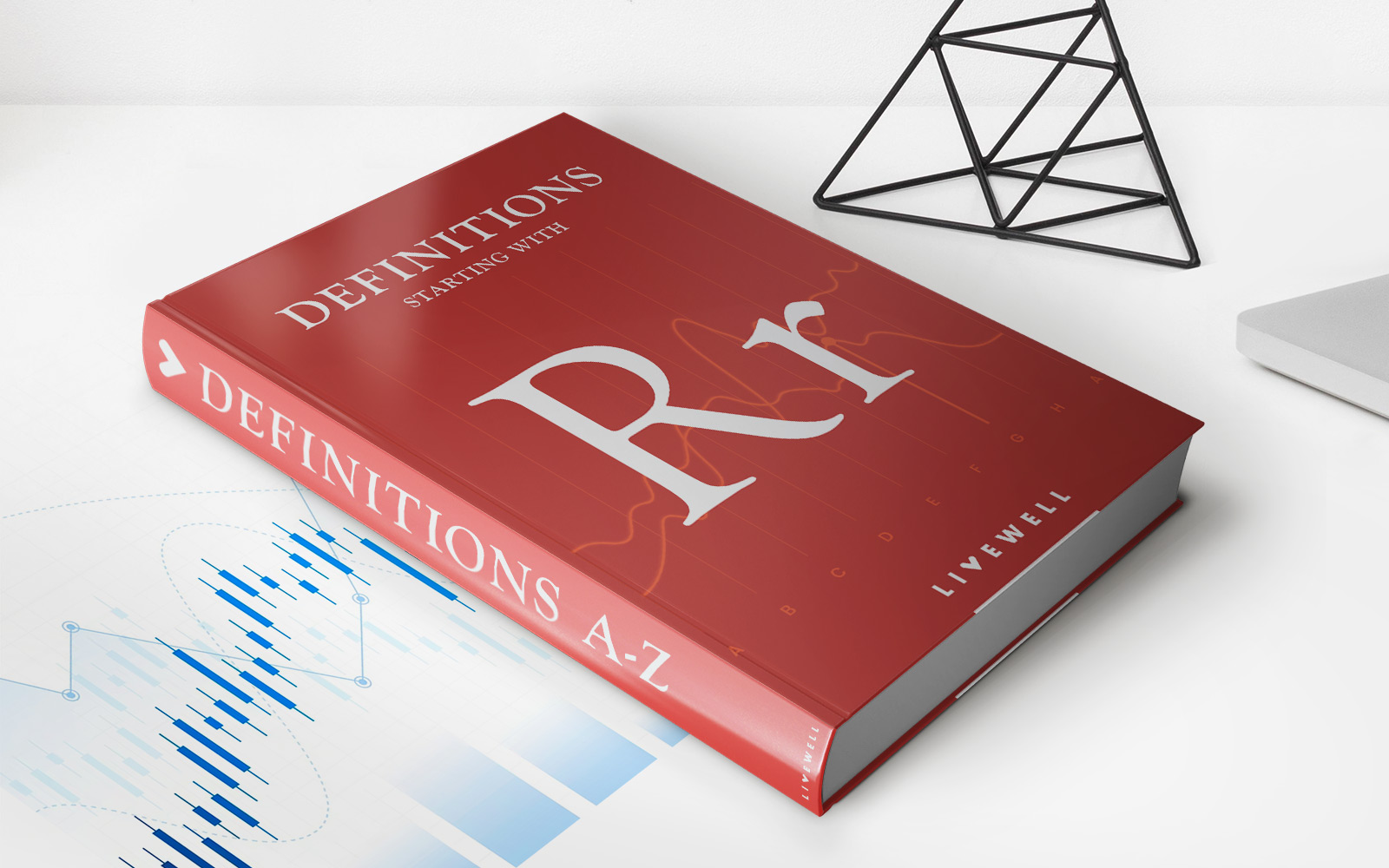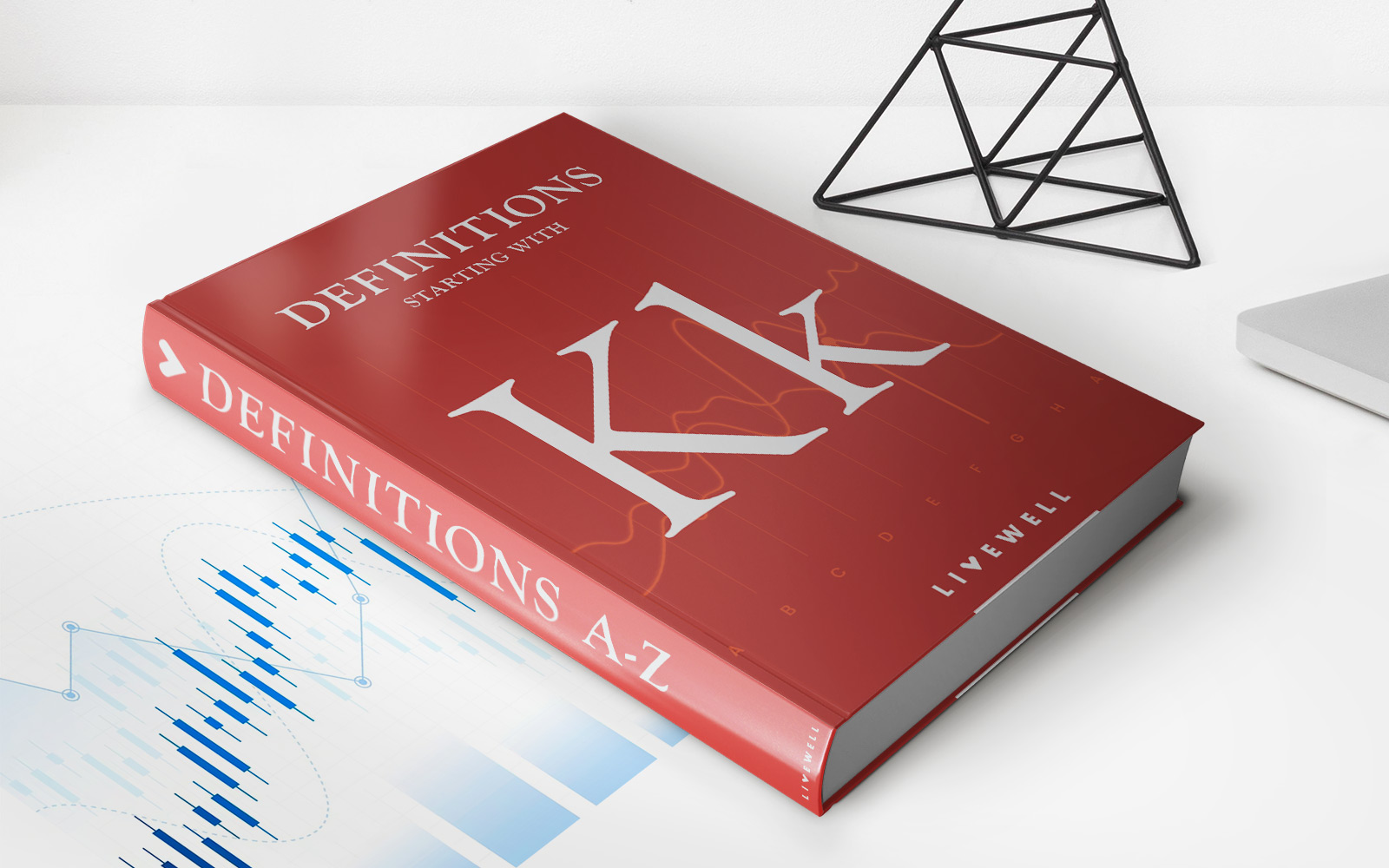Home>Finance>Forward Market: Definition And Foreign Exchange Example


Finance
Forward Market: Definition And Foreign Exchange Example
Published: November 27, 2023
Discover the definition and examples of forward market in finance, including how it relates to foreign exchange. Stay ahead in your financial endeavors!
(Many of the links in this article redirect to a specific reviewed product. Your purchase of these products through affiliate links helps to generate commission for LiveWell, at no extra cost. Learn more)
Understanding Forward Market and its Example in Foreign Exchange
Welcome to our “Finance” category, where we delve into various aspects of the financial world. Today, let’s explore the fascinating world of forward markets and their application in foreign exchange. If you’ve ever wondered what forward markets are and how they work, you’re in the right place! In this blog post, we will provide you with a clear definition of the forward market and illustrate it with a practical example from the foreign exchange market. So, let’s dive in!
Key Takeaways:
- Forward market refers to a specialized financial market where participants agree to buy or sell an asset, such as currencies, commodities, or securities, at a predetermined price on a specific future date.
- This market provides a way for businesses and investors to manage risks associated with future price fluctuations by locking in a favorable exchange rate or commodity price in advance.
A Closer Look at the Forward Market
To grasp the concept of the forward market, let’s consider an example from the foreign exchange market. Imagine you’re a business owner based in the United States, and you know you’ll need to pay a supplier in Europe in three months. However, due to currency exchange rate fluctuations, the amount you’ll need to pay might change. This uncertainty could negatively impact your financial planning and profitability.
To mitigate this risk, you decide to enter into a forward contract with a financial institution. You agree to exchange a specific amount of US dollars for euros at a predetermined exchange rate on the future date when the payment is due. By doing so, you effectively lock in the exchange rate, protecting yourself from any potential currency fluctuations.
Benefits of the Forward Market
The forward market offers several benefits to businesses and investors, making it an important tool in managing financial risk. Here are a few advantages:
- Risk Management: Forward contracts allow participants to hedge against future price movements and reduce their exposure to market volatility. This is especially crucial for businesses engaged in international trade and investors dealing with commodities or securities.
- Price Certainty: By entering into a forward contract, participants can secure a fixed price for a future transaction. This provides certainty and stability, which helps with accurate financial forecasting and planning.
- Customization: The terms of forward contracts can be customized to meet the specific needs of participants. This flexibility allows businesses and investors to tailor the contract to their unique requirements, making it a versatile risk management tool.
In conclusion, the forward market plays a vital role in managing financial risks associated with future price fluctuations. By entering into a forward contract, businesses and investors can ensure price certainty and protect themselves from adverse market movements. It’s an invaluable tool for those involved in foreign exchange, commodities, and securities trading. So whether you’re a business owner or an investor, understanding the forward market can assist you in making informed decisions and optimizing your financial outcomes.
Thank you for joining us in exploring the world of finance. We hope this blog post demystified the forward market and highlighted its significance in managing financial risks. Stay tuned for more interesting insights and discussions in our “Finance” category!














